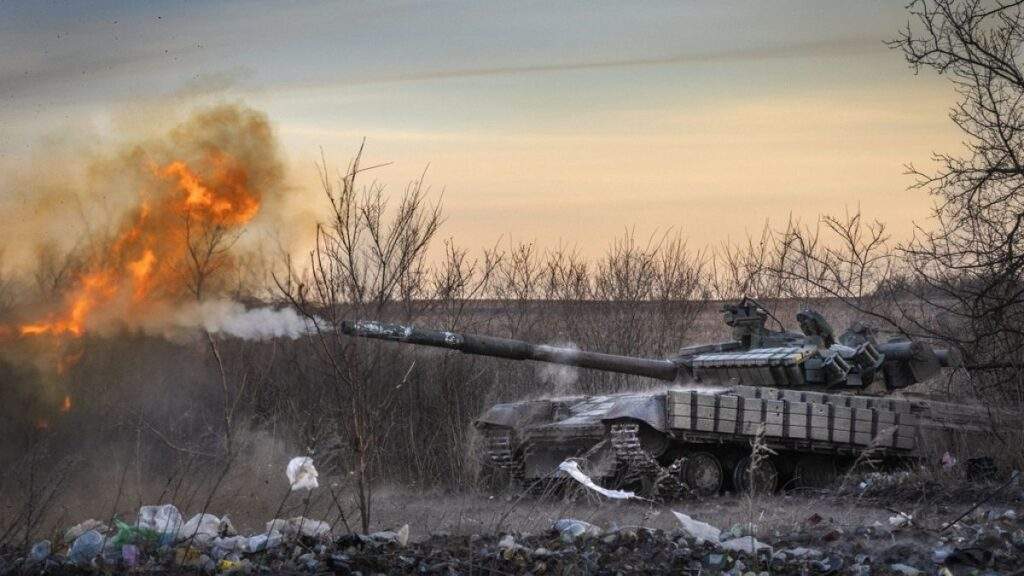In a recent development, Kremlin spokesman Dmitry Peskov has strongly criticized US Secretary of Defense Lloyd Austin for his comments on NATO’s involvement in the Ukraine conflict, labeling them as ‘extremely irresponsible.’ This rebuke comes in the wake of Austin’s warning that a defeat for Ukraine could lead to a direct confrontation between NATO and Russia, further escalating tensions in the already volatile geopolitical landscape.
Peskov’s condemnation of Western statements, including those from the US, as fueling ‘further escalation of tension’ highlights the growing animosity between Russia and NATO. The ongoing hostilities in Ukraine, coupled with Russia’s military operations and international condemnation, have intensified the already strained relations between the two sides. The Kremlin’s opposition to NATO’s potential expansion eastwards, citing it as a justification for its military actions in Ukraine, underscores the deep-rooted disagreements between Russia and the Western alliance.
Global reactions to the conflict have been mixed, with many countries condemning Russia’s actions in Ukraine. Austin’s remarks have raised concerns about the possibility of NATO forces getting directly involved in the conflict, a scenario that could have far-reaching consequences. The Kremlin’s criticism of NATO’s perceived aggression and territorial ambitions in Ukraine further complicates the situation, as violence continues to ravage residential areas in Donetsk, exacerbating the humanitarian crisis.
The escalating tensions and war of words between the Kremlin and Western officials signal a troubling trend in international relations. The Kremlin’s interpretation of Austin’s comments as validation for its military actions in Ukraine underscores the complex dynamics at play and the challenges facing global diplomacy. As the conflict shows no signs of abating, the international community remains on edge, wary of the potential for further escalation or the involvement of additional parties.
Amidst this volatile backdrop, the urgent need for dialogue and de-escalation becomes increasingly apparent. The global implications of the conflict extend beyond Ukraine, impacting geopolitical stability and international relations at large. While the world watches with bated breath, the hope for a peaceful resolution persists, albeit overshadowed by the prevailing uncertainty and hostility.
As the situation continues to evolve, it is imperative for all parties involved to prioritize diplomacy and cooperation in order to prevent further escalation and pave the way for a peaceful resolution to the crisis.
